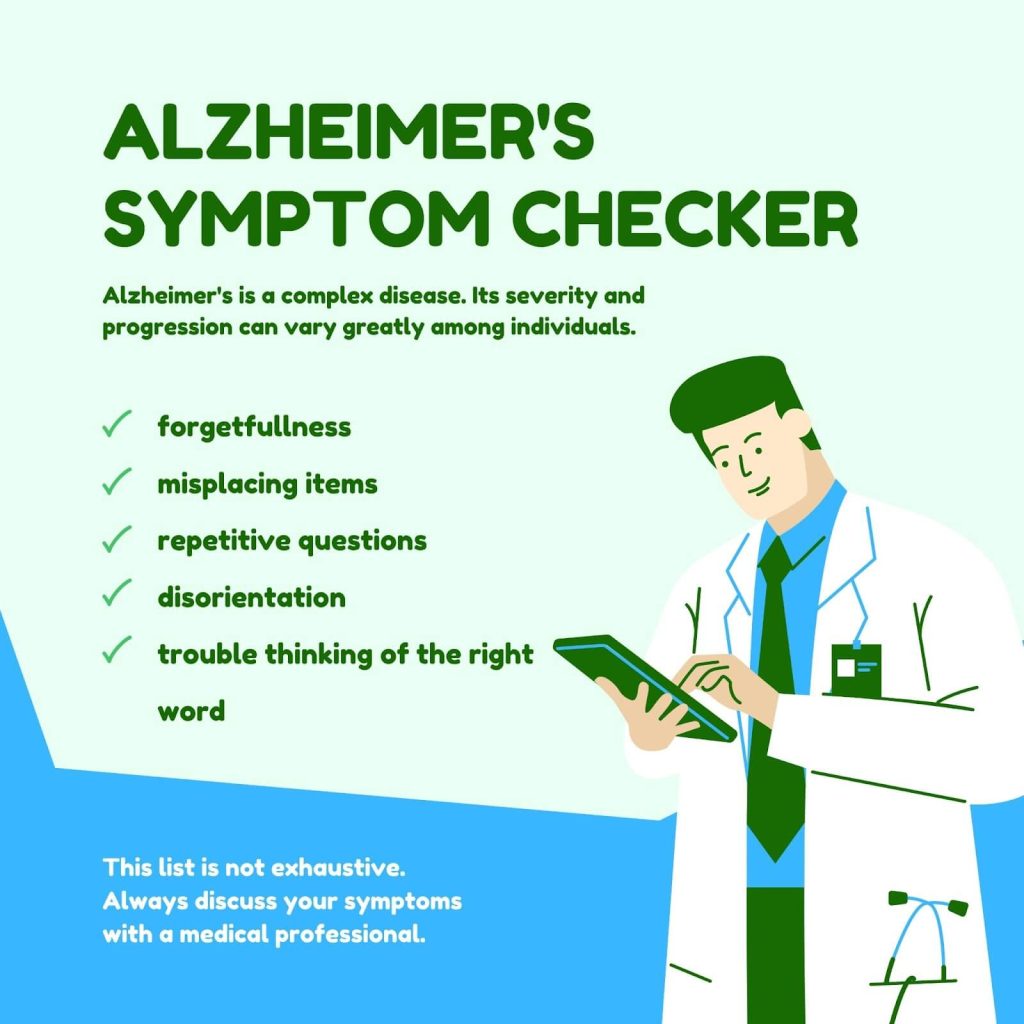Dementia and Alzheimer’s disease present significant challenges to healthcare providers due to the complex and progressive nature of these conditions.
Certified Nursing Assistants (CNAs) play a pivotal role in the care of patients suffering from these diseases, providing support that directly impacts patient well-being.
With over 6 million Americans living with Alzheimer’s disease and the number expected to rise to 13 million by 2050, the demand for skilled CNAs is increasing. CNAs are often the primary caregivers, responsible for the daily care and emotional support of these patients.

Photo by JESHOOTS.COM on Unsplash
Proper CNA training is vital to ensure that they are equipped with the knowledge and skills necessary to handle the unique challenges posed by dementia and Alzheimer’s.
We will explore the importance of CNA training in managing dementia and Alzheimer’s patients, highlighting key areas of focus and the benefits such training brings to patient care.
Importance Of Education For Cnas In Taking Care Of Patients With Alzheimer’s And Dementia
Caring for patients with Alzheimer’s and dementia requires specialized knowledge and skills, making education for Certified Nursing Assistants (CNAs) the cornerstone of care.
Proper training ensures CNAs can handle the unique challenges these conditions present, providing high-quality care that enhances patient well-being.
We’ll look into the significance of CNA education in this context, focusing on practice tests, skill enhancement, and patient-centered care.
Practice Tests
Practice tests are a fundamental aspect of CNA education, especially for those caring for patients with Alzheimer’s and dementia.
- Knowledge Evaluation: Practice tests assess a CNA’s understanding of topics such as dementia care protocols, symptom management, and patient safety. They help CNAs identify areas where they need more study, ensuring they are well-prepared for certification exams and real-world scenarios.
- Exam Familiarity: The certification process includes both written and clinical skills tests. Practice tests familiarize CNAs with the exam format and question types, reducing test anxiety and improving performance. They cover practical skills like handling patient aggression, preventing wandering, and ensuring safety during mealtime.
- Reinforcement Of Skills: By regularly taking practice tests, CNAs can reinforce their knowledge and application of best practices in dementia care. This continuous assessment helps maintain high standards of patient care, ensuring that CNAs are prepared to handle the complexities of Alzheimer’s and dementia.

Image from Medical Hero
Skill Enhancement
Ongoing education is vital for CNAs to enhance their skills and stay updated on the latest care techniques for Alzheimer’s and dementia patients.
- Clinical Skills: Regular training in clinical skills is first on the list. This includes techniques for managing daily living activities, such as bathing, dressing, and feeding patients with dementia. Specialized training modules often cover advanced care strategies for different stages of Alzheimer’s, ensuring CNAs can adapt to changing patient needs.
- Communication: Effective communication is paramount in dementia care. Training programs emphasize the use of clear, simple language and the importance of non-verbal communication. CNAs learn to interpret body language and emotional cues, which is particularly important as dementia patients may struggle with verbal communication .
- Behavioral Management: CNAs receive training on managing challenging behaviors, such as aggression, confusion, and wandering. Understanding the triggers for these behaviors and learning de-escalation techniques is critical for maintaining a safe and supportive environment for patients.
Patient-Centered Care
Providing patient-centered care is a cornerstone of dementia care, and education helps CNAs develop this approach.
- Individualized Care Plans: Education programs teach CNAs how to create and implement individualized care plans that cater to the specific needs and preferences of each patient. This personalized approach helps in maintaining the dignity and quality of life for dementia patients.
- Family Involvement: Involving family members in the care process is both beneficial and fulfilling. Training programs emphasize the importance of family input in creating effective care plans. CNAs learn how to communicate effectively with family members, providing them with the support and information they need to stay involved in their loved one’s care.
- Environment Optimization: Creating a safe and comfortable environment is a must for dementia patients. Training includes strategies for reducing environmental stressors, such as minimizing noise and clutter, and establishing routines that provide stability and predictability for patients.
Specific Hurdles To Overcome As A Cna In Helping Patients With Alzheimer’s And Dementia
Certified Nursing Assistants (CNAs) face numerous challenges when caring for patients with Alzheimer’s and dementia.
These challenges require specialized skills and knowledge to ensure the well-being and safety of patients. We will outline some of the key hurdles CNAs encounter and offer practical strategies to overcome them, focusing on managing challenging behaviors, ensuring patient safety, and providing emotional support.
Managing Challenging Behaviors
Patients with Alzheimer’s and dementia often exhibit challenging behaviors such as aggression, agitation, and wandering, which can be difficult for CNAs to manage.
- Understanding Triggers: Identifying the triggers of these behaviors is of the utmost importance. Common triggers include pain, discomfort, fear, or environmental factors such as noise and clutter. Keeping a behavior log can help CNAs track patterns and identify specific triggers, enabling them to prevent or mitigate these behaviors.
- De-Escalation Techniques: CNAs should be trained in de-escalation techniques to manage aggressive or agitated patients effectively. Techniques such as speaking calmly, using non-threatening body language, and providing reassurance can help de-escalate tense situations. It’s also important to create a calming environment by reducing noise and other potential stressors.

- Structured Routine: Establishing a consistent daily routine can help reduce anxiety and agitation in dementia patients. Regular schedules for meals, activities, and rest can provide a sense of stability and predictability, which is comforting for patients with cognitive impairments.
Ensuring Patient Safety
Safety is a primary concern when caring for patients with Alzheimer’s and dementia, who are at increased risk of falls, wandering, and other accidents.
- Environmental Modifications: Ensuring a safe living environment makes all the difference. This includes removing tripping hazards like loose rugs, ensuring good lighting to reduce shadows and glare, and installing grab bars and handrails where necessary. Use contrasting colors for walls and furniture to help patients navigate their surroundings more easily.
- Monitoring And Supervision: Continuous monitoring is vital to prevent accidents. CNAs should be vigilant in observing patients for signs of confusion or disorientation, particularly during high-risk times such as nighttime (sundowning). Utilizing monitoring devices like bed alarms and GPS trackers can help keep patients safe.
- Training In Emergency Procedures: CNAs should be well-trained in emergency procedures, including what to do if a patient wanders off or experiences a fall. Regular drills and refresher courses can ensure that CNAs are prepared to handle emergencies efficiently.
Providing Emotional Support
Patients with Alzheimer’s and dementia often experience feelings of anxiety, depression, and isolation, which can significantly impact their quality of life.
- Building Trust And Connection: Establishing a strong, trusting relationship with patients is key. This involves being patient, empathetic, and actively listening to their concerns. CNAs should engage patients in conversations and activities that are meaningful to them, helping to maintain their sense of identity and well-being.

- Incorporating Therapeutic Activities: Activities such as music therapy, art therapy, and reminiscing about past experiences can provide emotional comfort and cognitive stimulation. These activities should be tailored to the patient’s interests and cognitive abilities to be most effective.
- Involving Family Members: Family involvement is key to providing well rounded care. CNAs should encourage family members to participate in care activities and provide emotional support to both patients and their families. This collaboration can improve the patient’s overall well-being and create a more supportive care environment.
Final Remarks
The role of CNAs in caring for patients with Alzheimer’s and dementia is multifaceted, requiring a combination of clinical skills, emotional intelligence, and practical knowledge.
Continuous education, including hands-on training and ongoing learning opportunities, is necessary for CNAs to effectively manage the complexities of these conditions.
Integrating family involvement and therapeutic activities into care plans can significantly enhance patient outcomes and quality of life.
As the prevalence of dementia and Alzheimer’s disease continues to rise, the demand for well-trained CNAs will become even more critical, underscoring the importance of investment in full CNA training programs.



